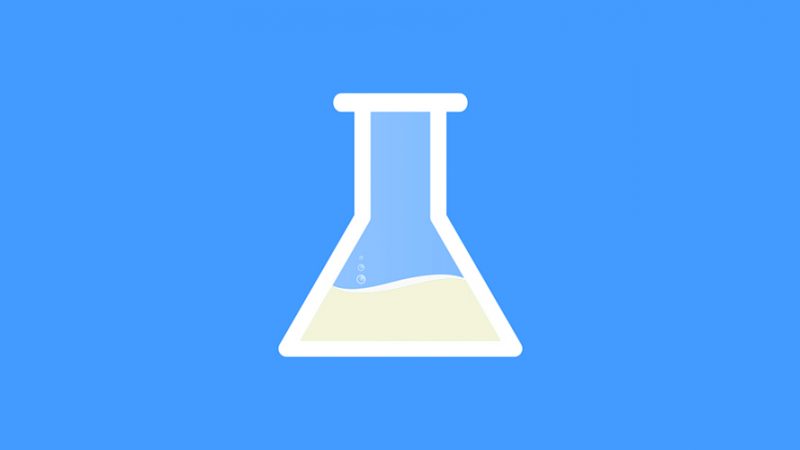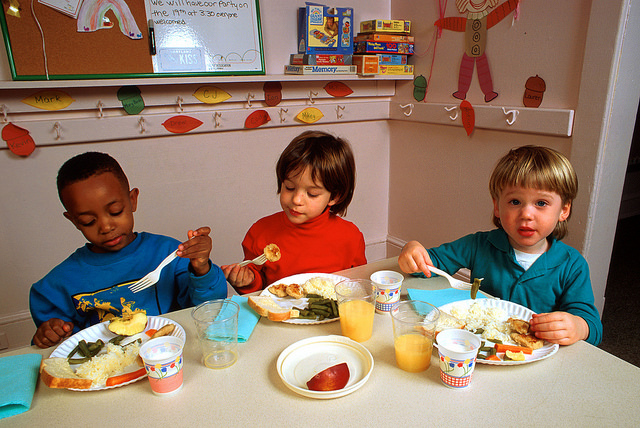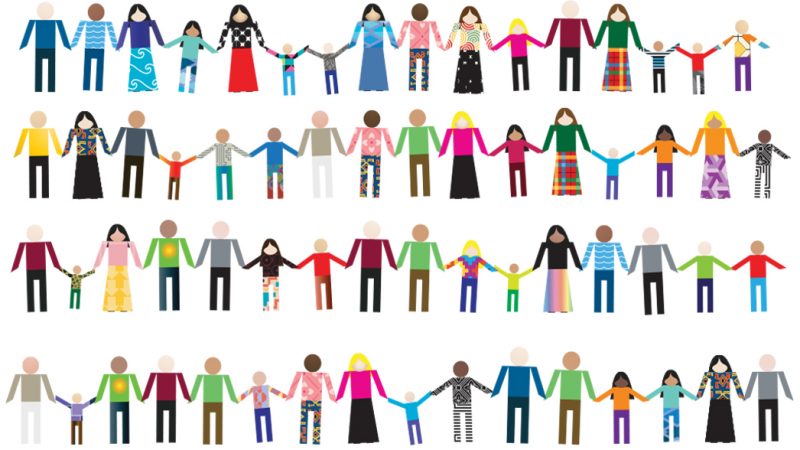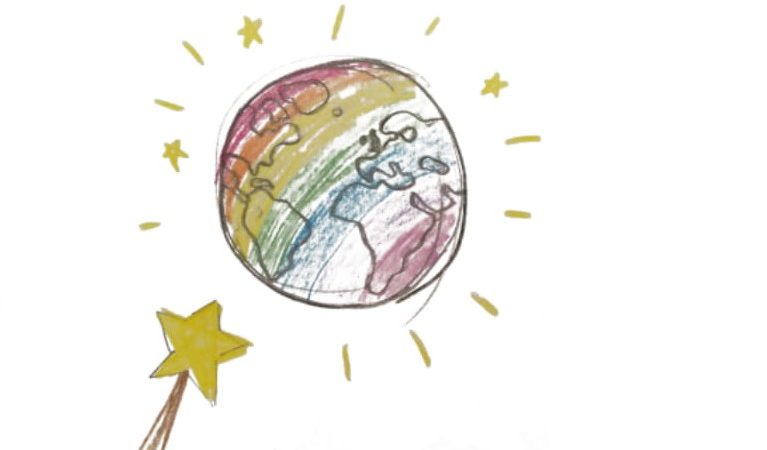
Parenting Science Gang – breastmilk composition experiment
This February, something out of the ordinary is going to happen in West London.
Over a hundred breastfeeding mothers will get together to donate breastmilk for an experiment they instigated and designed themselves, through citizen science project Parenting Science Gang (PSG) and in collaboration with Imperial College London.
Our experiment will compare breastmilk for children aged over 2 years old, with breast milk for younger children and babies.
Would you like to take part?
We are still looking for some breastfeeding mothers to take part. If you’re interested and available for an hour or so on Feb 21st, please email the PSG project team at parentingsciencegang@gmail.com
What are we trying to find out?
Ethnographic research suggests that the natural weaning age for human children is between 2.5 and 7 years old. But informal research by our citizen scientists suggests it’s common for people feeding past 2 years to be told ‘there’s no benefit to it any more’. We have found almost no research on the composition of human milk for nurslings older than 2. But we do know that it changes considerably over the first year. This experiment hopes to find out more about what is in human milk produced for children who are 2, 3 and 4 years old, and how it differs from milk for younger children.
How did this experiment come about?
Many hundred mothers, members of Facebook support groups Breastfeeding Older Babies and Beyond or UK Breastfeeding & Parenting Support have joined PSG over the last year and become citizen scientists, exploring the science of breastfeeding and choosing what to research.
The subsequent collaboration with Dr Natalie Shenker (Imperial College and Hearts Milk Bank) and Dr Simon Cameron (Imperial College) has made our ideas a reality; our research will double up as a pilot study for Dr Natalie Shenker’s future Breast milk Epigenetics Cohort Study (BECS) for which she will hopes to recruit several thousand mothers over the next six years.
Dr Simon Cameron is supplying the Mass Spectrometry machine and analysis, using a technique that has never been used to analyse human milk before (although it has done cow milk!)
Who’s funding the experiment?
Parenting Science Gang is funded by Wellcome. The larger BECS study is approved but is not yet funded. Imperial College London have provided time, expertise, and access to laboratories and equipment free of charge. The Imperial College London group is funded by UK research councils (funded by central government) and the Waters Corporation (a manufacturer of mass spectrometry equipment – who support the development of the REIMS technology).
Who can take part:
Participants will be nursing either one child who is between the age 3 to 59 months or tandem feeding two children where at least one child is over 2 years. If participants are tandem feeding they should be feeding two children of different ages, with each child feeding at least once a day.
UPDATE: We have had a fantastic response and the age 1 and 2 categories are now closed. We are still keen to hear from mothers of 3-5month babies, and 4 year olds who are still nursing. This is a ‘cross sectional’ study, meaning we are just taking one sample from each mother.
Will I get expenses if I take part?
We regret we are not able to offer expenses. Travel bursaries up to the price of an off-peak London travelcard are available for those on low incomes.
How can I take part or find out more?
The experiment will take place on Feb 21st in London. If you would like to take part or find out more, please email the PSG project team at parentingsciencegang@gmail.com


